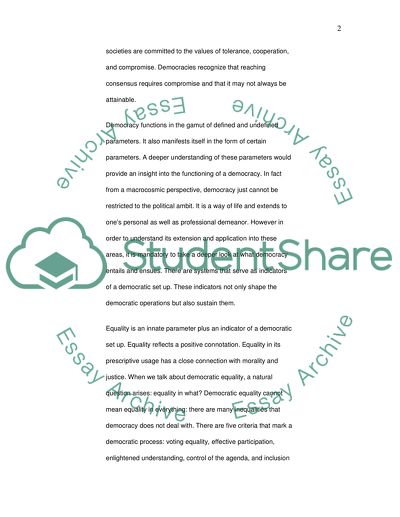Cite this document
(“Democratic Governance in a real life issue Essay”, n.d.)
Democratic Governance in a real life issue Essay. Retrieved from https://studentshare.org/miscellaneous/1520377-democratic-governance-in-a-real-life-issue
Democratic Governance in a real life issue Essay. Retrieved from https://studentshare.org/miscellaneous/1520377-democratic-governance-in-a-real-life-issue
(Democratic Governance in a Real Life Issue Essay)
Democratic Governance in a Real Life Issue Essay. https://studentshare.org/miscellaneous/1520377-democratic-governance-in-a-real-life-issue.
Democratic Governance in a Real Life Issue Essay. https://studentshare.org/miscellaneous/1520377-democratic-governance-in-a-real-life-issue.
“Democratic Governance in a Real Life Issue Essay”, n.d. https://studentshare.org/miscellaneous/1520377-democratic-governance-in-a-real-life-issue.


